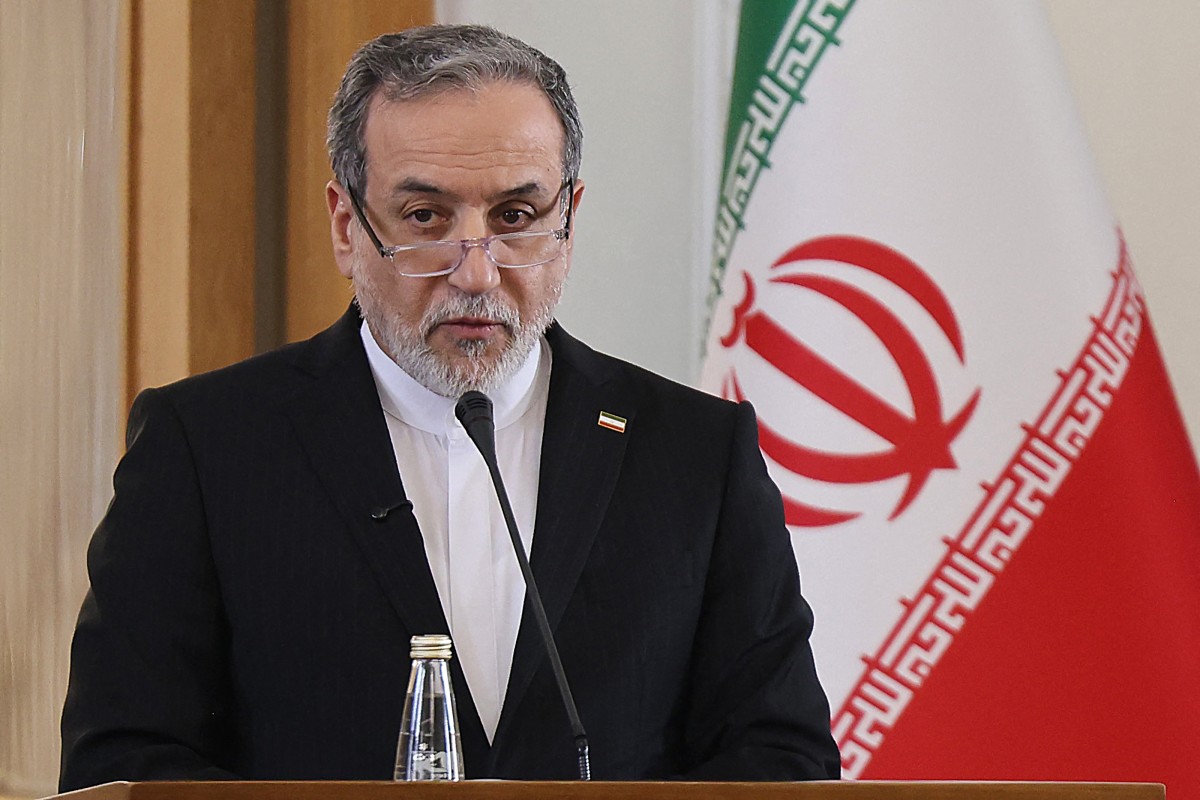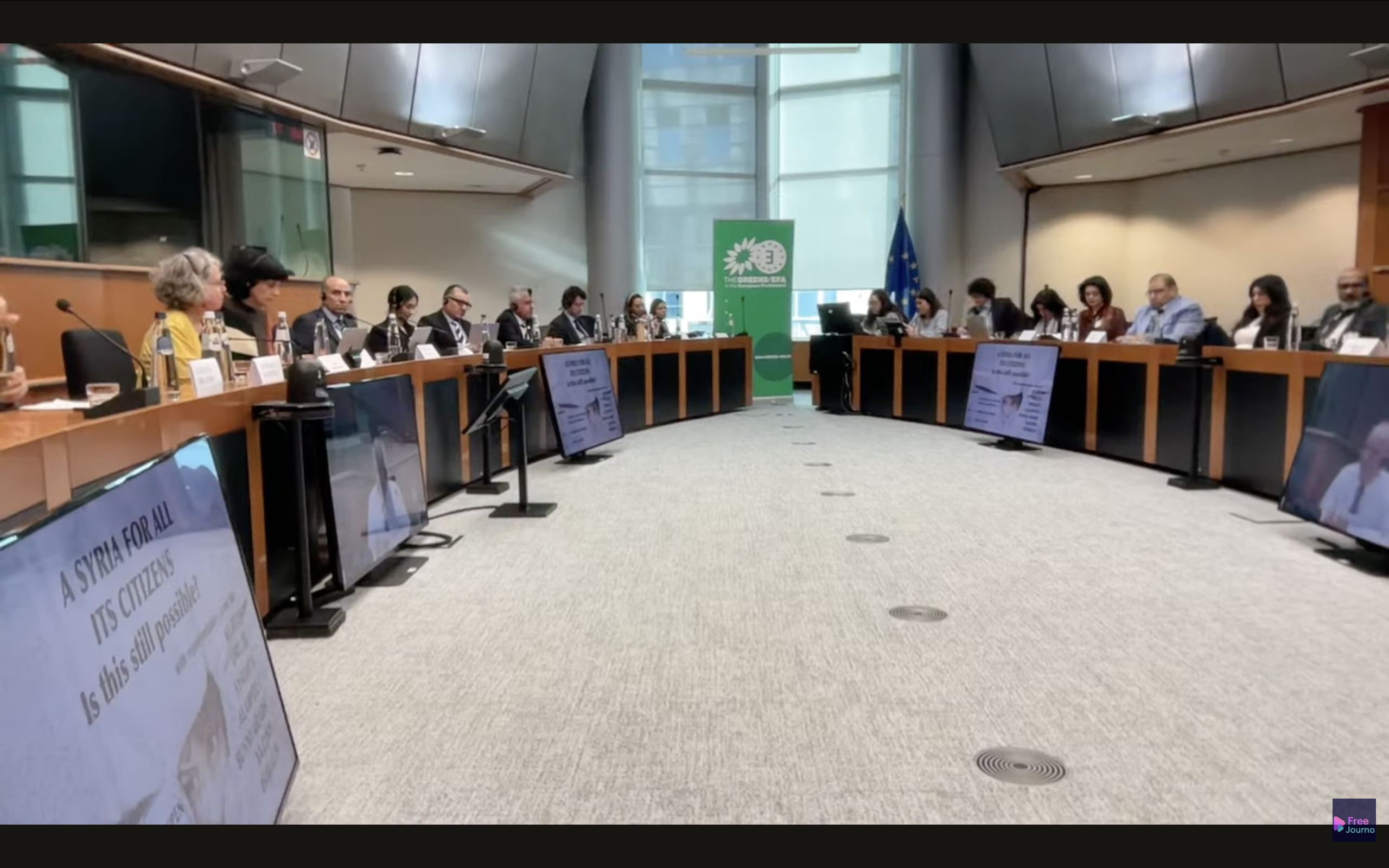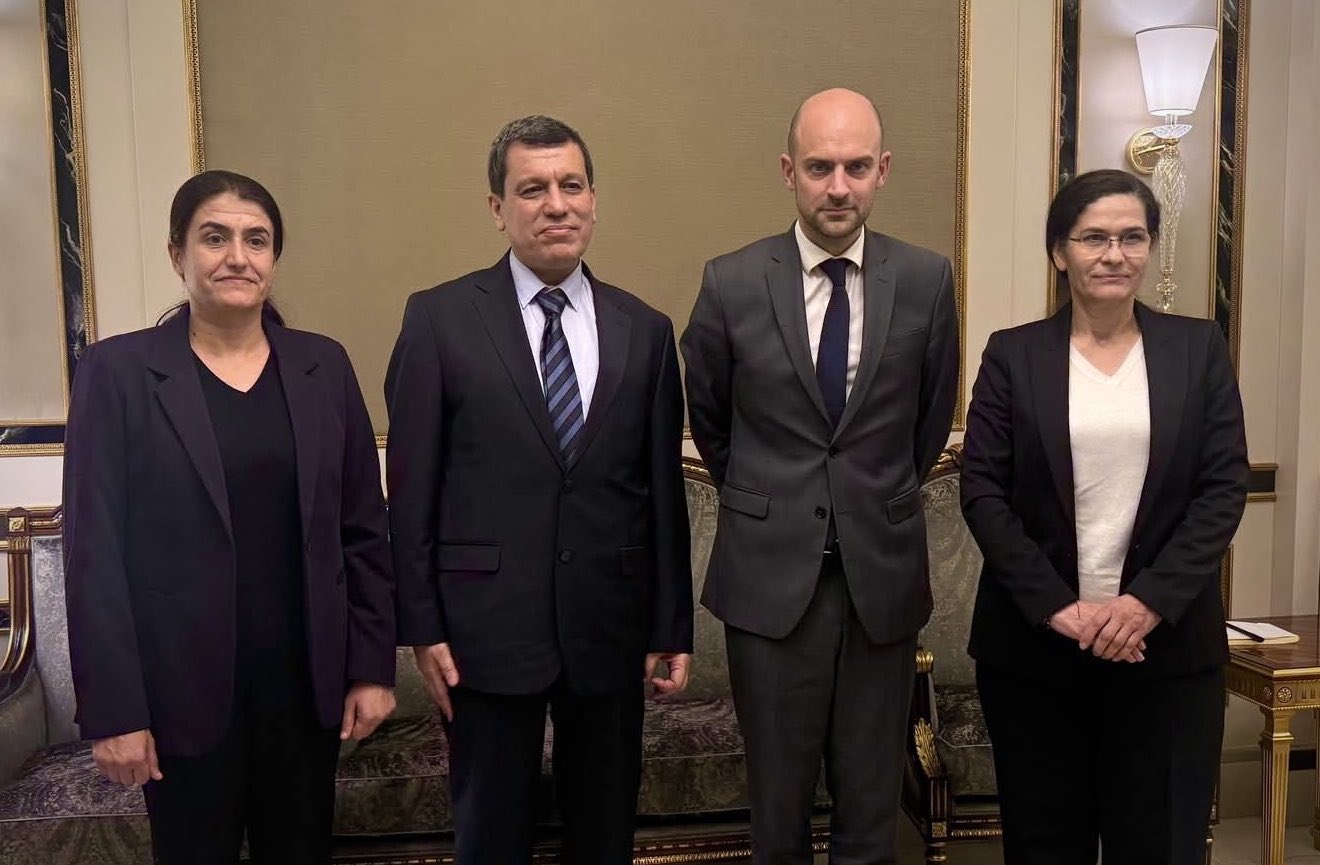Iran’s New Espionage Law Blurs Line Between Dissent and Treason
Three months after the end of the twelve-day war and the subsequent return of UN sanctions through the snapback mechanism, the Guardian Council of Iran said it agreed with the bill of the Islamic Republic of Iran’s parliament about “intensifying the punishment of espionage” in response to Israel and other countries’ “hostile actions against national security and interests”.
This law was passed during the war as a doubly urgent proposal; it went through the Legislature very quickly and has now been introduced to the government for implementation.
Lawyers and political activists warn that in this law, the definitions of crimes are vague, the extent of punishments is ambiguous, and the line between security action, media activity, and civil protest is blurred.
Judicial officials of the Islamic Republic said the goal of this law is to fight against “the intelligence activities of enemies.” But in the current security atmosphere of Iran, signs like large arrests in Kurdistan, recent executions of Arab political activists, media restrictions, and deportation of Afghan immigrants show wider effects. Lawyers and political activists warn that in this law, the definitions of crimes are vague, the extent of punishments is ambiguous, and the line between security action, media activity, and civil protest is blurred.
Details of the Law
The new law criminalizes a wide range of activities related to national security. The first article states that “any kind of intelligence activity, espionage or operational action for hostile governments or groups” is considered corruption and can attract punishments ranging up to execution.
In the text, clear examples and cases that count towards such a violation are not explicitly mentioned
In the text, clear examples and cases that count towards such a violation are not explicitly mentioned, and on the other hand, the determination and enlistment of “hostile governments and groups” is assigned to the Supreme National Security Council and the Ministry of Intelligence. The United States and Israel are directly named in the text, but other cases are left to the discretion of these security institutions.
Moreover, activities in the economic, technological, and media spheres can be considered criminal if they are interpreted as being in “cooperation with the enemy”. Similarly, publishing content that “weakens public spirit or harms national security”, organizing “illegal gatherings” during wartime, or using communication tools without permission can result in five to ten years in prison.
If a person commits these crimes during an ongoing war or special security conditions, their punishment can escalate up to three degrees. The related cases will be reviewed in special branches of the Revolutionary Court and out of regular order. Rulings, apart from death sentences, cannot be appealed.
Legal observers say that the combination of wide criminalization, intensified punishment, and removal of the appeal makes this law one of the strictest in recent years.
Legal Interpretation and Possible Consequences
under this new law, even activities such as publishing reports, engaging in technological cooperation, or receiving funds from foreign institutions can be considered a crime
On the one hand, although the title of the law focuses on “espionage”, its given definition goes beyond the legal framework in Iran. In the Islamic Penal Code, espionage refers to transferring classified information or direct cooperation with enemy agents. However, under this new law, even activities such as publishing reports, engaging in technological cooperation, or receiving funds from foreign institutions can be considered a crime.
Expressions like “action against national security” or “weakening public morale” lack clarity, leaving their interpretation to judicial and security authorities. Such structures facilitate the blurring of the line between civil protest and cooperation with the enemy.
Dr. Masoud Shamsnejad, a lawyer in Urmia, told The Amargi that the inclusion of terms “without presenting objective criteria” goes against the principle of narrow interpretation of criminal laws. He asserts that such broad definitions will lead to “restrictions of freedom of speech, self-censorship of media, and limitation of civil activities”.
He also warns that granting the authority to identify enemies to the Supreme National Security Council and institutions such as the Ministry of Intelligence violates the separation of powers. “This practically means lawmaking by executive and security bodies, and reduces the predictability of judicial decisions”.
On the other hand, the right of appeal is removed for defendants except in cases where the death penalty is imposed. This violates Articles 34 and 35 of the Constitution and Article 14 of the International Covenant on Civil and Political Rights. Several lawyers emphasize that an appeal is not a privilege but a fundamental guarantee for a fair trial, and eliminating it increases the risk of judicial mistakes.
“The combination of wide criminalization, removal of appeal, and large powers of security institutions will reduce public trust in the judicial system and increase legal insecurity among citizens,” claims Dr. Shamsnejad.
In July, 57 lawyers and university professors, in an open letter, warned the public about the dangers stemming from the large ambiguity present in this bill and its hasty approval. They wrote that “mixing vague concepts with removing fair trial steps can have serious consequences for the country’s judicial system.”
In contrast, supporters of the new law claim that Iran’s current situation, especially after Israel’s operations inside the country, needs a “fast and strong judicial reaction”. They characterise previous punishments as not deterrent enough, and assert that the legal gap caused repeated security infiltrations. From their view, the new law is a response to a ‘hybrid war’ and intelligence threats.
However, the clause regarding the three-level intensification of punishment during war, which is also defined by security institutions, can become a tool for harsher treatment of defendants. Experts warn that this mechanism might lead to preventive arrests and heavy sentences for non-violent activities.
Lawyers like Kambiz Norouzi also emphasize the principle of proportionality between crime and punishment. He argues that granting security bodies the authority to determine security conditions and using vague terms can lead to disproportionate punishments for non-violent crimes, ultimately undermining the criminal justice system.
According to Dr. Shamsnejad, this law in some parts contradicts fundamental principles of criminal law like “legality of crime and punishment, clarity, and proportionality,” and also conflicts with fair trial requirements. He argues that implementing such a law would not only compromise national security but also erode public trust in the long term.
Ammar Goli
Ammar Goli is an investigative reporter whose work focuses on the relationships between mafia groups and totalitarian governments, and on the Kurdish issue in the Middle East. He has contributed to various media outlets, including BBC Farsi, Iran International, and Radio Ferda, in Persian, Kurdish, and German, drawing on his deep understanding of the political and social dynamics of the region. At The Amargi, he writes specifically about East Kurdistan and Iran, offering valuable insights and analysis of current events.




